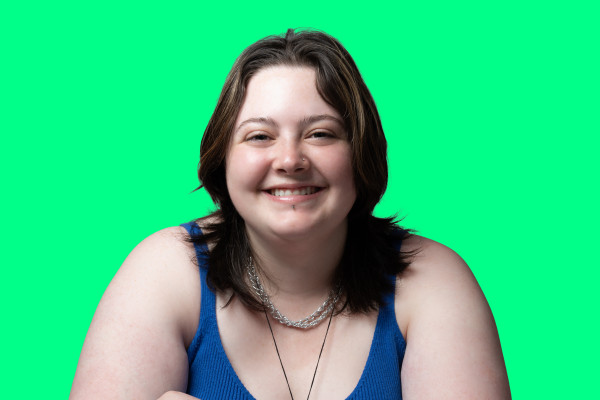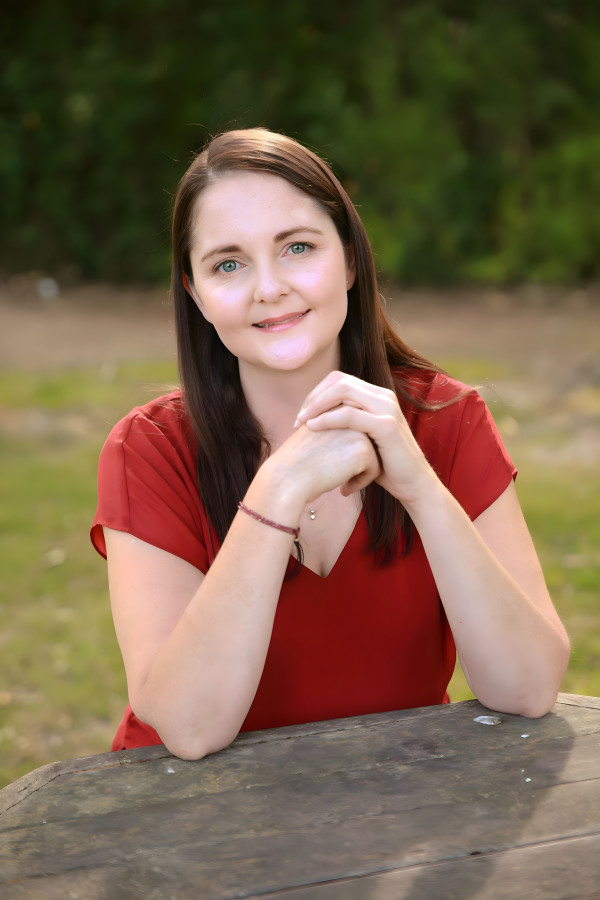The Y25 programme celebrates self-identified wāhine and tāhine (non-binary, genderfluid person) who are 25 and younger.
People on the Y25 list are recognised for the things they do for their communities.
Nurse Nat Young (Kai Tahu, Waitaha, Ngāti Mamoe) is on the list and has set up PEERS, a peer-to-peer review system where people can look up healthcare professionals and find safe and accredited people in their area who cater to the queer community.
“You can look up specific problems or specific areas and find doctors who have been previously reviewed or recommended by others.”

Nat Young. Photo/supplied.
As a queer person, Nat says they started PEERS because they don’t know anyone from the queer community who hasn’t had a bad experience when seeking healthcare.
Nat says the mistreatment from some healthcare professionals varies on a scale from purposeful misgendering to being told that being in a same-sex relationship would lead to an “unfulfilling life”.
“Because of that fear of having a bad experience, I’m quite selective with who I go to, and I think that has influenced PEERS quite a lot.”
“I do have health issues, and I do need to go and see a doctor quite a lot, it is hard to be able to trust a doctor with all that information, which is important.”
Nat says the negative treatment towards queer people goes back to colonialism.
“It sounds like a bit of a cop-out answer but I think we used to be so much more accepting of our takatāpui siblings. The fact is that colonialism has turned it into this big taboo thing of being queer which is so ingrained into Western ideologies and in Western medicine that it’s been ruined for everyone else.”
If the negative healthcare treatment keeps happening it will lead to disaster, Nat says
“We know that if people are putting off going to the doctor, they are more likely to have worse healthcare outcomes.”
“There needs to be more education in place for our doctors and healthcare professionals. At the moment it's quite hard to find education packages for people coming up through the system.”
In the two years that Nat trained to be a registered nurse, they say they had about an hour on mental health issues for the rainbow community.
Clinical director of primary and community care at Te Whatu Ora Dr Sarah Clarke says it recognises there are barriers to accessing quality health care for members of the rainbow community and it’s often challenging.
“Our vision is for all New Zealanders, including rainbow communities, to be able to access high-quality healthcare in their local communities.”

Sarah Clarke. Photo/supplied.
Sarah says there are many initiatives underway to improve healthcare outcomes such as community-driven models of care developed across the country to deliver gender-affirming healthcare in primary and community settings tailored to the needs of transgender people.
“These models of care will be evaluated so we can learn more about what we can do to meet the gender-affirming healthcare needs of our communities,” she said.
These initiatives have already been implemented in Auckland, Canterbury, the West Coast, Hawke’s Bay, Whanganui and Porirua.
In a statement, the Ministry of Health (MoH) said the health system has an important role to play in supporting and responding to the health needs of rainbow communities.
“Rainbow communities, and in particular transgender and non-binary communities, experience inequitable health and wellbeing outcomes. These poor health and wellbeing outcomes have been driven by discrimination, social exclusion, wider determinants of health, and unmet needs for rainbow health-specific services,” a MoH spokesperson said.
MoH said they are committed to improving outcomes for rainbow communities and making sure the health system is welcoming and responsive.
“The Ministry will continue to support and work with Health New Zealand to deliver responsive health services. This includes specific initiatives, such as the implementation of the HIV Action Plan and gender-affirming primary and community care and making sure the health system is accessible and inclusive and provides timely and high-quality health services.”
More stories:
We Were Dangerous: Movie dives into the 1950s state care system
“We’re not all born equal. It’s just a fact.”
Racism impacts health, wellbeing and identity of rangatahi Māori
It shouldn't fall on young Māori to fight structural racism, researcher says.
Stop asking people if they’re going to have kids
“People put their own values onto us and think they know better for us.”